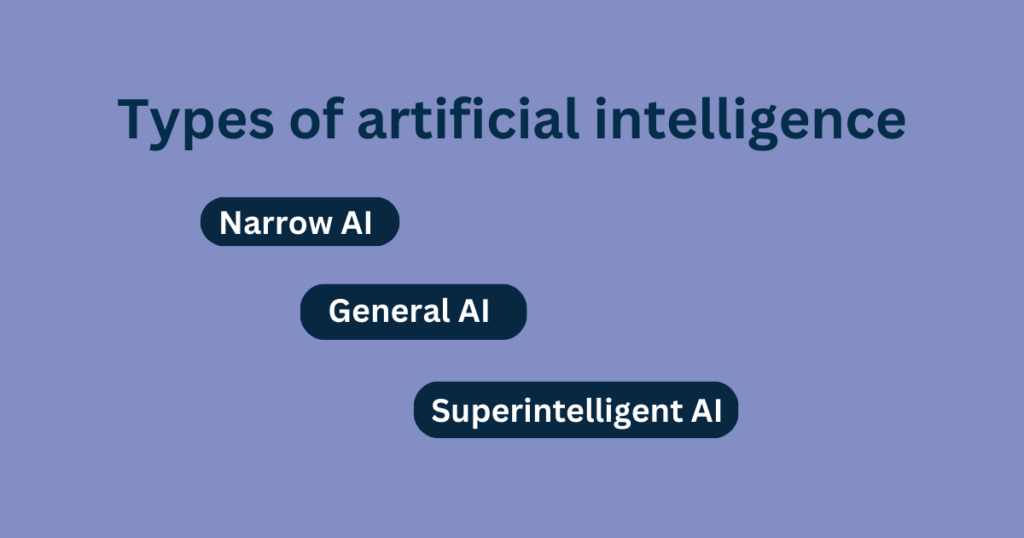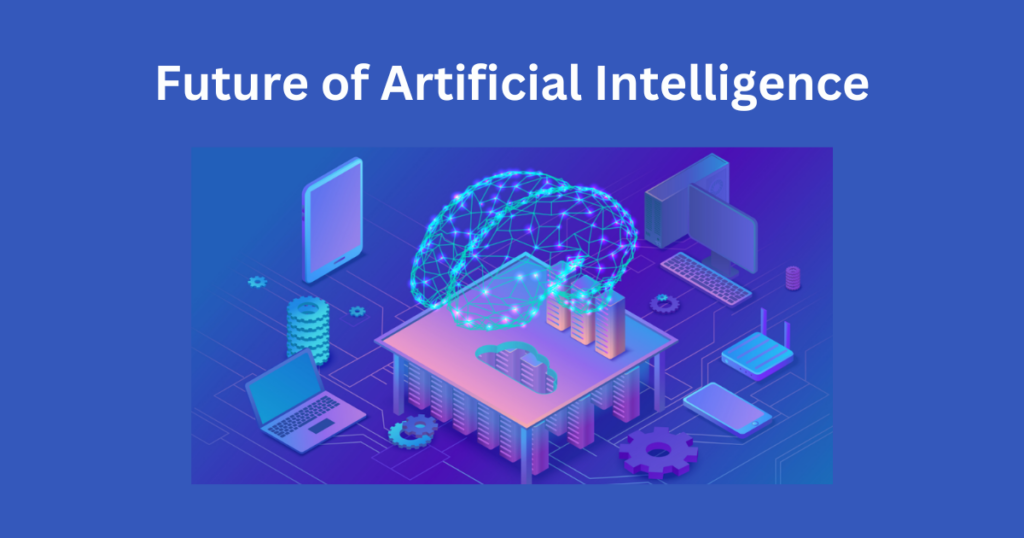Artificial Intelligence
Introduction
Defining Artificial Intelligence
Artificial Intelligence, often abbreviated as AI, stands as the pinnacle of human technological achievement. It refers to the simulation of human intelligence in machines programmed to think and act like humans. This branch of computer science emphasizes the creation of intelligent machines capable of performing tasks that typically require human intelligence.
History and Evolution
Early Origins
The roots of AI can be traced back to ancient times, where the concept of intelligent machines and artificial beings was a subject of myths and folklore. However, the formal inception of AI emerged in the mid-20th century with the pioneering work of Alan Turing and his proposal of the Turing Test.
Major Milestones
The evolution of AI witnessed significant milestones, including the development of expert systems in the 1970s, neural networks in the 1980s, and the rise of machine learning and deep learning in recent decades.
Types of Artificial Intelligence
Narrow AI
Narrow AI, also known as Weak AI, exhibits intelligence specific to a single task. It operates within a limited context and is designed to perform a singular task efficiently, such as language translation or image recognition.
General AI
General AI refers to machines with human-like cognitive abilities. These systems can understand, learn, and apply knowledge across different domains, approaching human-level intelligence.
Superintelligent AI
Superintelligent AI surpasses human intelligence across all aspects, possessing capabilities far beyond human comprehension. This theoretical form of AI remains a subject of extensive research and ethical debate.

Importance and Applications
AI in Healthcare
Artificial Intelligence is revolutionizing the healthcare sector by enhancing diagnostics, personalized treatments, and drug discovery. From predicting diseases to aiding in surgical procedures, AI is transforming patient care, making it more precise and efficient.
AI in Finance
In the financial realm, AI algorithms analyze vast amounts of data, offering insights into market trends, risk management, fraud detection, and personalized financial services. AI-powered chatbots and virtual assistants also streamline customer interactions.
AI in Transportation
The integration of AI in transportation has led to the development of autonomous vehicles, optimizing traffic flow, ensuring safety, and reducing accidents. Moreover, AI enhances logistics and predictive maintenance in the transportation industry.
AI in Education
Artificial Intelligence is reshaping education through personalized learning experiences, adaptive tutoring systems, and smart content creation. It facilitates individualized teaching methods, catering to diverse learning styles.
AI in Entertainment
In the entertainment sector, AI fuels content recommendation systems, personalized streaming experiences, and even content creation. It’s reshaping how content is produced, distributed, and consumed across various mediums.
Table of Contents
Challenges and Limitations
Ethical Considerations
As AI advances, ethical concerns arise regarding its decision-making processes, potential biases, and the responsibility of AI developers. Ensuring ethical AI implementation becomes imperative to prevent misuse or discrimination.
Bias in AI
AI systems can inherit biases from the data they are trained on, leading to discriminatory outcomes. Addressing biases and ensuring fairness in AI algorithms is crucial for unbiased decision-making.
Security Concerns
The increasing reliance on AI raises concerns about data security, privacy breaches, and the vulnerability of AI systems to cyberattacks. Safeguarding AI infrastructure and data integrity is a paramount concern.
Future of Artificial Intelligence

Advancements on the Horizon
The future of AI holds promises of enhanced human-AI collaboration, breakthroughs in quantum computing, and innovations in natural language processing, paving the way for more sophisticated AI systems.
Potential Impact on Society
AI’s pervasive impact on society might lead to profound societal changes, altering industries, reshaping job landscapes, and challenging existing socio-economic structures. Preparing for these changes becomes essential.
Artificial Intelligence in the Media
Portrayal in Movies and Literature
In popular culture, AI often appears in science fiction, portrayed as both a utopian marvel and a dystopian threat. Movies and literature explore AI’s potential, ethical dilemmas, and its impact on humanity.
Media Coverage and Public Perception
Media coverage influences public perception of AI, shaping opinions about its capabilities, risks, and benefits. Understanding and addressing public concerns about AI becomes crucial for wider acceptance.
AI’s Role in Shaping Industries
Transforming Business Processes
AI-driven automation streamlines operations, optimizing workflows, and decision-making processes in industries, leading to increased productivity and cost-effectiveness.
Revolutionizing Manufacturing
In manufacturing, AI-enabled systems enhance production efficiency, predictive maintenance, and quality control, driving innovation and competitiveness.
Conclusion
Artificial Intelligence, often abbreviated as AI, stands as a testament to humanity’s technological prowess. Its evolution from theoretical concepts to tangible advancements has reshaped industries and societies alike. Embracing the potential of AI while addressing its ethical considerations and limitations is pivotal as we navigate its role in our lives.
FAQs
What is AI?
AI simulates human intelligence in machines, enabling them to learn, reason, and make decisions like humans.
AI in Daily Life?
AI is everywhere—from voice assistants to personalized recommendations and autonomous vehicles.
AI vs. Human Intelligence?
AI excels in tasks but achieving human-level consciousness remains theoretical.
Ethical Concerns?
Issues include biases, privacy, job displacement, and ethical decision-making in AI.
Job Impact of AI?
AI might replace some jobs while creating new opportunities in evolving industries.
Benefits to Society?
AI enhances healthcare, efficiency, education, innovation, and societal problem-solving.









